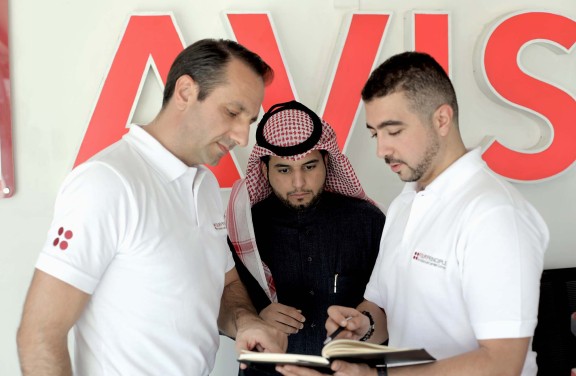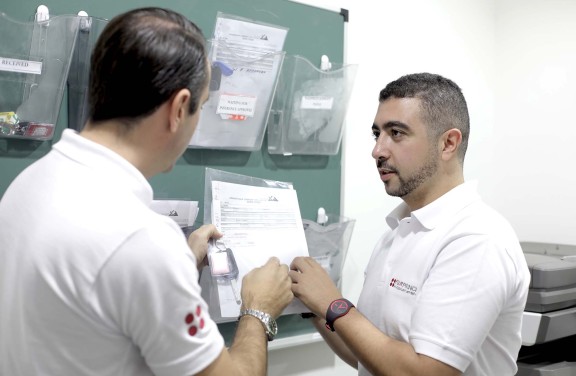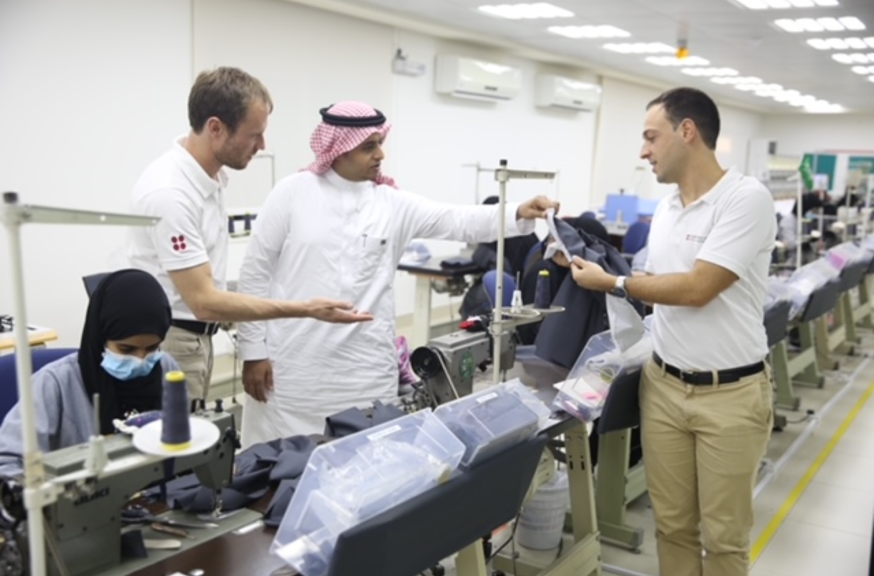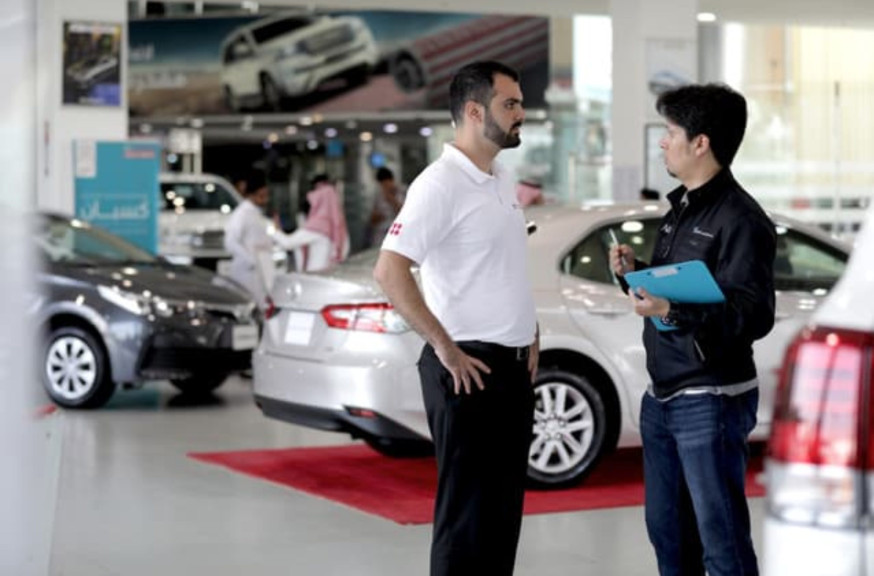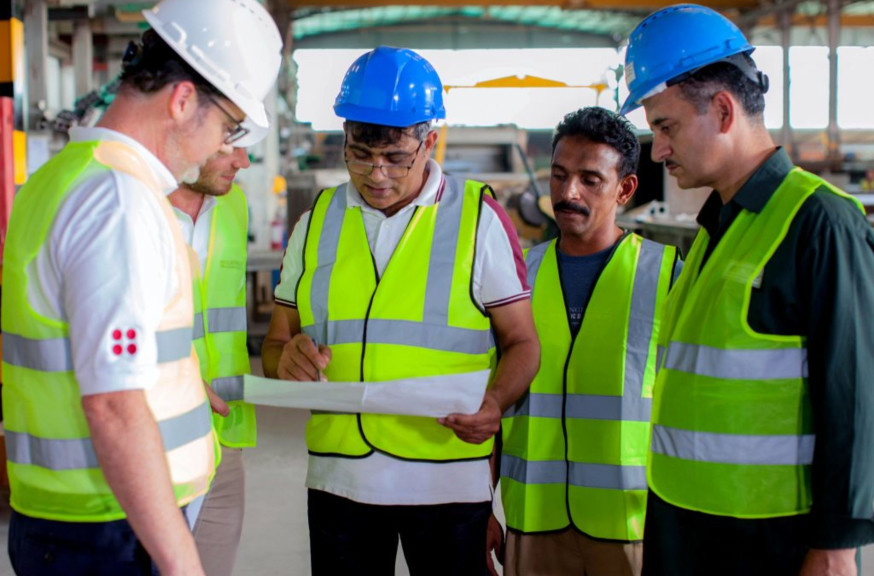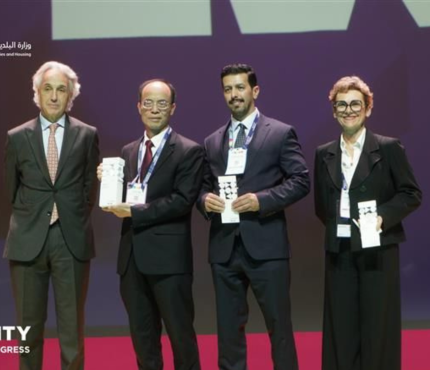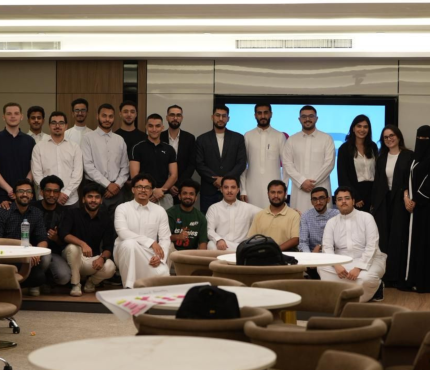Mr. Sulaiman Al Saleh founded Arabian Hala Company in 1977 with the launch of Hala Rent a Car which consisted of a fleet of 27 vehicles. Hani Al Saleh, the founder’s son, is currently the CEO of the Company. After acquiring the AVIS franchise in Saudi Arabia in 1993, the company became one of the country’s leading rent a car companies operating a fleet of more than 10,000 vehicles across the Kingdom. Hani’s vision is to make AVIS the most trusted name in the rent a car business in Saudi Arabia.
In 2015, Internal and external factors encouraged AVIS Saudi Arabia to improve its operating model in order to remain competitive & profitable in the rent a car market. On one hand, the market share was under pressure due to the entrance of aggressive competitors in the market. On the other hand, the operating costs were increasing significantly year after year which prevented AVIS from optimizing its prices as well as investing in new value adding services to their customers. In fact, AVIS suffered from low rental car availability, mainly due to long repair and maintenance times.
On the logistics side, AVIS Saudi Arabia faced several challenges in the cars’ transfer due to the branches not reporting broken-down cars on time. In addition to that, the fleet controller’s job was not clearly defined as he struggled with the unavailability of adequate tools. For example, the daily route plan for drivers to move cars between locations was not defined. There was also a lack of communication between the branches and the fleet controller. This led to a lot of “manual” reporting where the plate numbers of broken down cars were communicated over the phone by the branches to the fleet controller.
In workshop operations, the company did not have clear visibility on broken-down cars or how long the repairs will take. The approval processes were long and the size of the vehicle was not taken into consideration. The ‘heavy commercial’ and ‘light passenger’ break-downs were mixed in one approval process and one workshop.
As a direct impact of these challenges, the fleet was underutilized, at any one point 25% of the vehicles were not available for rent with an observed lead time of 25 days for processing a broken-down car from the moment the incident happens to the vehicle being ready to be rented out again.
A bottom-up Lean approach equally involving management and staff has been identified as the only way to break this cycle in order to tackle and overcome the high resistance to change. AVIS Saudi Arabia team was introduced to the Lean principles by the Four Principles consultants.
In the beginning of the project, some employees were identified by top management as low performers, however the implementation of Lean solutions combined with effective and efficient trainings based on relevant Standard Operating Procedures helped to improve the employees’ capabilities which enhanced AVIS Saudi Arabia’s team engagement and increased their operational performances.
Initially, the team with Four Principles executed a pilot project in one of the 3 regions where AVIS was operating in KSA which confirmed that the company is improving in the right direction. As Hani Al- Saleh said: “Once the team had understood the Lean principles and perceived their benefits based on the pilot, a systematic roll-out to the rest of the country was planned. This was driven by AVIS Saudi Arabia staff supported by the consultants maximizing the transfer of knowledge”.
Also, the Four Principles consultants provided AVIS Saudi Arabia management with a detailed human capabilities analysis that enabled the company to restructure teams according to the capabilities of employees.
The last stage of project was dedicated to define and link the necessary KPIs to monetary and non- monetary incentives encouraging individual performance & cross-functional efforts in order to sustain the changes. Two years passed and the process optimization realized during the project are still effective after AVIS team took ownership of the changes.
The management and staff were equally frustrated with the current state with all attempts to change mindset & behavior being unsuccessful, actually the management lost patience with staff and kept thinking that automating processes is the only path to succeed. On the other hand, the staff was not highlighting issues but rather covering their tracks or finger pointing to divert attention from themselves. The beginning of the Lean journey was accompanied by a high resistance to change from the entire organization.
That was materialized mainly by a prevailing self-conservation by putting individual interests before success of business and staff misleading management about the real issues in the processes in order to prevent the project team from defining the root causes and fixing the problems.
These challenges have been tackled through training, coaching and above all by proving that everyone in the organization brings value if the processes are correctly implemented.
Overall, the Lean journey improved the operations, the service quality and the team’s confidence in AVIS Saudi Arabia as an employer. The project team has significantly reduced the transfer time between branches and workshops for broken-down and fixed vehicles from 15 days to and astonishing 1 day. The insurance approval lead-time within workshops dropped from 7 days to 0.5 day by improving the technical information flow between workshops & operations team and the parts sourcing lead-time inside workshops has been reduced from 3 days to 0.5 days by decentralizing parts ordering.
As an immediate positive outcome, the total lead time from breakdown to car ready to rent decreased by 90% )25 days to 2.5 days( and ultimately, the Lean transformation enabled AVIS Saudi Arabia to drop, within 6 months, the number of unavailable cars for rent from 25% of the total fleet before starting the project down to 16% sustainably.
AVIS Saudi Arabia management identified what it takes to become a Lean organization which helped identify several opportunities to improve operations such used cars processes, sales processes or leasing operations. Since the silo mentality and boundaries between logistics and workshop team have been eliminated, all the upcoming Lean improvement initiatives can be made based on solid foundations.
The Lean transformation journey made Hani Al Saleh proud to claim: “We are happy with the results and this whole exercise was a big success for us”. Hani is now sure that whatever challenges he gets from his customers; his organization is ready to deal with them.




